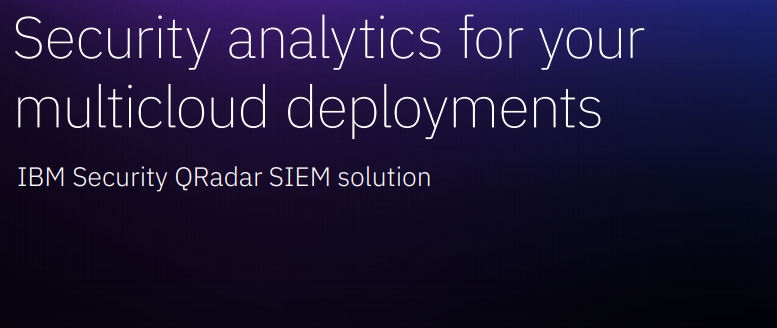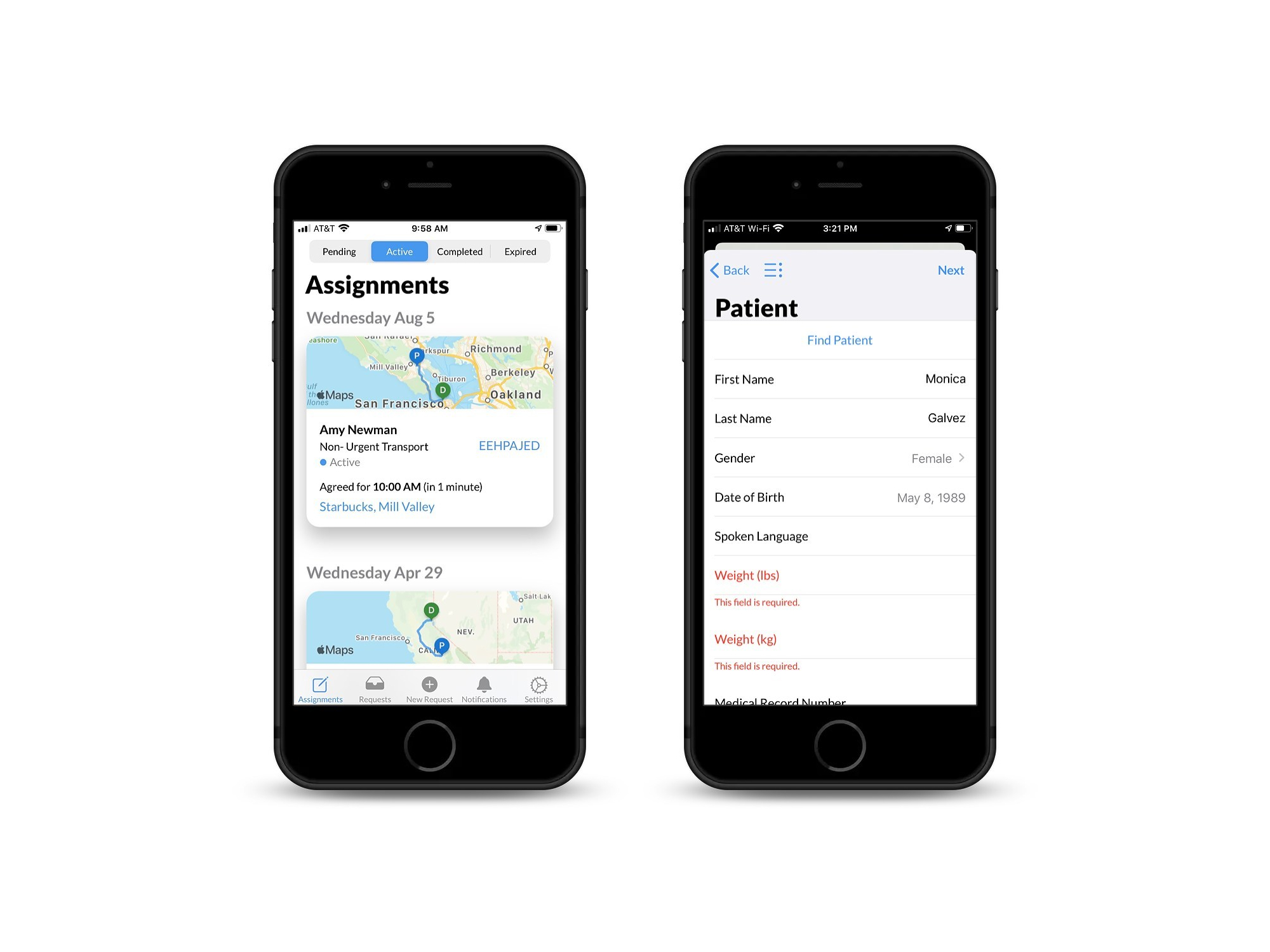Health care organizations are unprepared for cloud migration
Study reveals rapid migration to the cloud may pose significant security risks for HCOs

According to a new Trend Micro-commissioned survey, global health care organizations (HCOs) are increasingly leaning toward adopting the cloud but lack the preparedness for the security risks that come with it.
Remote working, cost savings, and improved IT agility were crucial reasons behind HCOs’ accelerated migration to the cloud amid the COVID-19 pandemic, the report found.
RELATED RESOURCE

Security analytics for your multi-cloud deployments
IBM Security QRadar SIEM solution brief
SaaS-based video conferencing tools helped remote workers connect with branch hospitals, while telemedicine platforms quickly became indispensable to physicians. Cloud infrastructure also offered multiple benefits for HCOs looking to augment IT scalability and reliability.
Despite the positive outcomes, the report indicates high risks and costs associated with the cloud significantly outweighed its benefits in the health sector.
For example, 43% of HCO IT decision-makers revealed privacy and security challenges were constant barriers to cloud adoption. The biggest day-to-day operational challenges included setting and maintaining consistent security policies, patching, vulnerability management, and cloud misconfiguration.
What’s more, nearly half of survey respondents (45%) said introducing cloud-based security tools added more complexity to IT security teams’ tasks. Furthermore, 43% spent more on capital expenses to procure contract-based cloud services. Most concerningly, fewer than half of respondents said they were confident they understood “shared responsibility,” a key cloud security concept.
“While cloud migration isn’t simple, it can be enabled and improved using the right security tools,” said Trend Micro.
Get the ITPro daily newsletter
Sign up today and you will receive a free copy of our Future Focus 2025 report - the leading guidance on AI, cybersecurity and other IT challenges as per 700+ senior executives
According to Trend Micro, a cloud security solution should feature automation to streamline compliance and minimize risks stemming from misconfigurations.
“With the right cloud-ready solutions in place, HCOs can maximize cloud benefits without putting mission-critical systems or patient data at risk. Such tools can also minimize skills challenges by spotting misconfigurations, automating patching and policy management, and integrating security into DevOps, across both cloud and on-premise environments,” said the company.
-
 Bigger salaries, more burnout: Is the CISO role in crisis?
Bigger salaries, more burnout: Is the CISO role in crisis?In-depth CISOs are more stressed than ever before – but why is this and what can be done?
By Kate O'Flaherty Published
-
 Cheap cyber crime kits can be bought on the dark web for less than $25
Cheap cyber crime kits can be bought on the dark web for less than $25News Research from NordVPN shows phishing kits are now widely available on the dark web and via messaging apps like Telegram, and are often selling for less than $25.
By Emma Woollacott Published
-
 Change Healthcare unveils its cloud-native medical imaging solution
Change Healthcare unveils its cloud-native medical imaging solutionNews PACS by Change Healthcare helps radiologists better evaluate medical scans
By Praharsha Anand Published
-
 AWS launches HealthLake to help health care organizations query medical data
AWS launches HealthLake to help health care organizations query medical dataNews Cloud-based services and solutions could personalize patient care and bring new therapies to market
By Rene Millman Published
-
 Amazon launches big data service focused on health care
Amazon launches big data service focused on health careNews Data lake promises to keep health care organizations' information secure
By Danny Bradbury Published
-
 Eceptionist launches self-service COVID-19 vaccine management tool
Eceptionist launches self-service COVID-19 vaccine management toolNews New tool will help automate and organize COVID-19 vaccine distribution
By Praharsha Anand Published
-
 Zeptronic Diagnostics provides faster, cheaper disease detection
Zeptronic Diagnostics provides faster, cheaper disease detectionNews Non-invasive cloud-based medical diagnostic technology improves upon current screening and testing methods
By David Gargaro Published
-
 VectorCare expands offerings to meet surging mobile health care demands
VectorCare expands offerings to meet surging mobile health care demandsNews COVID-19 has created a surge in mobile and home-based health care demands, and VectorCare’s new tech can help
By Tyler Omoth Published